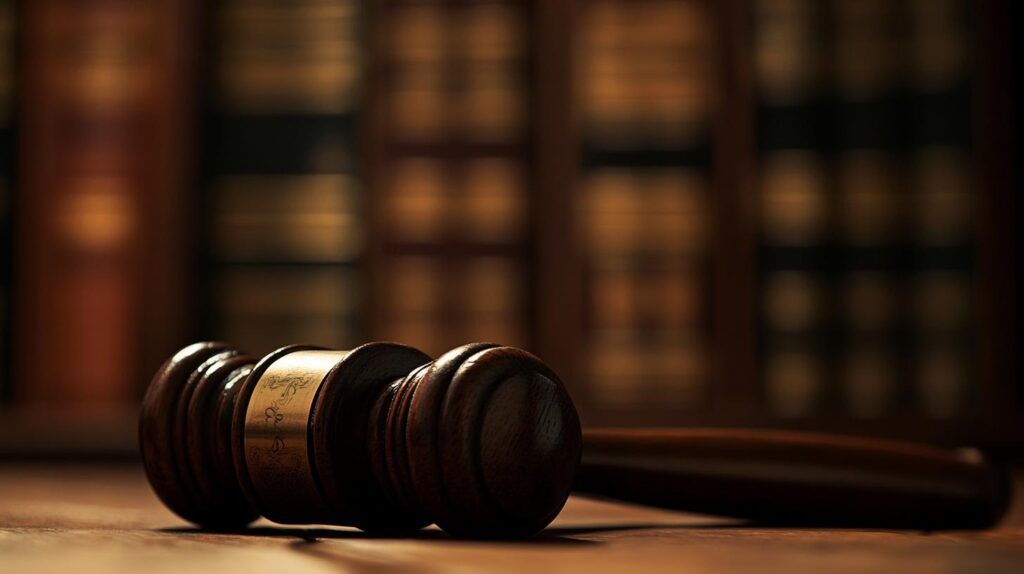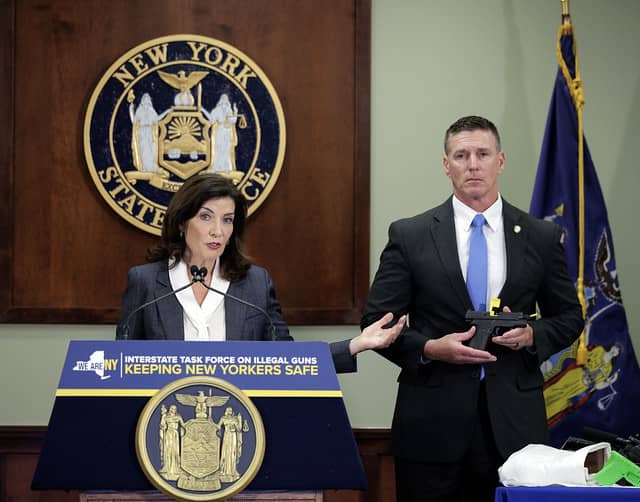The recent court decision highlights a pivotal moment in gun rights discussions. The appeals court used the New York State Rifle and Pistol Association v. Bruen case. It focused on Second Amendment rights and how laws affect them. The court questioned if current rules on firearm possession align with historical laws.
The discussion focused on whether all convicted felons lose gun rights. The court asked if it’s fair to deny this group their Second Amendment rights without proof of danger. Historically, after serving time, individuals could hold firearms and even join militias. This history suggests a different view on gun rights than today.
The case being debated involves Mr. Shorty. He was convicted of a nonviolent felony. The court had to consider if he should regain his gun rights. The legal team for Mr. Shorty argued that not all felons should be denied firearms. They stressed the need to prove a person’s danger before stripping gun rights.
Many in the legal field see this as a crucial test for Second Amendment interpretations. The appeals court’s decision could influence future rulings. They suggest the need for evidence proving someone’s danger before denying gun rights. This decision challenges automatic bans on felons owning firearms.
The decision also brings in another case from Tennessee. In this instance, a person was convicted of a misdemeanor, treated as a felony. This was due to potential jail time exceeding a certain limit. It highlights how some laws treat misdemeanors like felonies, influencing gun rights.
The appeals court’s decision may impact future gun laws. It questions how felons are treated under Second Amendment rights. This could lead to more cases reaching higher courts, possibly even the Supreme Court. The goal is to reassess how laws align with historical interpretations.
- HR38 Bill Introduced to Standardize Concealed Carry Nationwide in the US - January 12, 2025
- Oregon Challenges Court’s Rejection of 10-Round Magazine Ban Law - January 11, 2025
- Illinois Assault Weapon Ban Legal Battle Inches Toward Supreme Court - January 4, 2025




